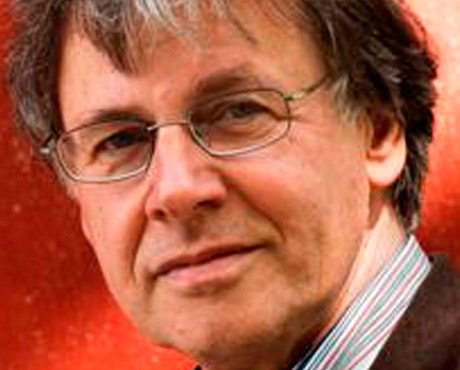News

19 July, 2016
Utrecht Univ Prof. Meeus: Strong Religiosity Would Prevent Terrorism
July 13th, 2016, Utrecht University Prof. Wim Meeus delivered the keynote address and discussed identity formation in Vilnius during the 24th Biennial Meeting of the International Society for the Study of Behavioural Development (ISSBD) held July 10th-14th, 2016. He answered questions on youth and radicalization. 1. There is a tendency of increasing number of youth engaging in radical movements. What are the main reasons? I don’t know whether the number of young people engaging in radical movements is increasing in general. My guess would that this is not the case. However, some radical movements presently are successful in attracting young people. Insecurity in life conditions and insecure identity are the main reasons for young people to engage in jihadist groups. 2. Many believe that young people's vulnerability to radicalization is only a phenomenon of Middle East. Has, however, the tendency of radicalization touched Western society and should we speak about it as a global phenomenon? It is a general phenomenon. In Germany, for instance, we had the Baader-Meinhoff group in the 1970’s, in Italy the Red Brigades in the 1980’s and in Belgium the so-called ‘Bende van Nijvel’in the the 1980’s as well. Note that most western jihadists presently come from countries with a relative big Muslim population - for instance France and Belgium. 3. What determines that radical ideas are eventually transformed into acts of terrorism? Where is that "thin line" and what are the reasons that young people are ultimately determined to transcend it? The notion of a thin line does not cover the whole truth. In general potential jihadists are susceptible to radical Muslim notions because of experienced discrimination and feelings of No Future. The thin line may be crossed at moments when potential jihadist experience a life-event or become heavily engaged in a radical group. 4. Is the transition to terrorism or jihadism a consequence of a critical attitude to modern society? If so, why it occurs precisely in this kind of form in the 21st Century? It indeed is a consequence of youth’s critical attitudes to modern society. This critical attitude has always been in place in modern societies from the late 1950’s on. In general this criticism can lead to rightist or leftist forms of extremism as has been shown in the past, (see under 2). 5. You say that young people believe that they have "no future", and this is one of the main reasons why they become supporters of radical terrorism. Why do they think that radicalism today is the best solution? Is it because for immediate and tangible effect or the desire to draw attention to themselves? Or maybe there are other reasons? Engaging in a radical group does offer concrete life-goals and social ties to young people. In psychological terms it offers identity and social connectedness that neutralize feelings of "No Future." 6. Does the decline of religiosity in today’s society affect youth transitions to terrorism? If so, is this a kind of contradiction - religiosity is declining but isn’t the terrorism and jihadism based precisely on religious grounds? In general I believe that strong religiosity would prevent terrorism because social control is strong in religious countries. I also believe that being a radical Muslim only is a surface characteristic of nowadays jihadists. In many respects (going to the Mosque, adherence to Islam rules on for instance property and sexuality) jihadists do not follow Islam laws. 7. In your abstract you mention that new, radical, groups offer a new identity and new social relationships for youth. What should society do to protect young people from radical terrorism? Offer opportunities for regular jobs and occupational careers. Fight discrimination. Live up to the slogan of French revolution, ‘Liberté, Fraternité, Egalité’, for every citizen.